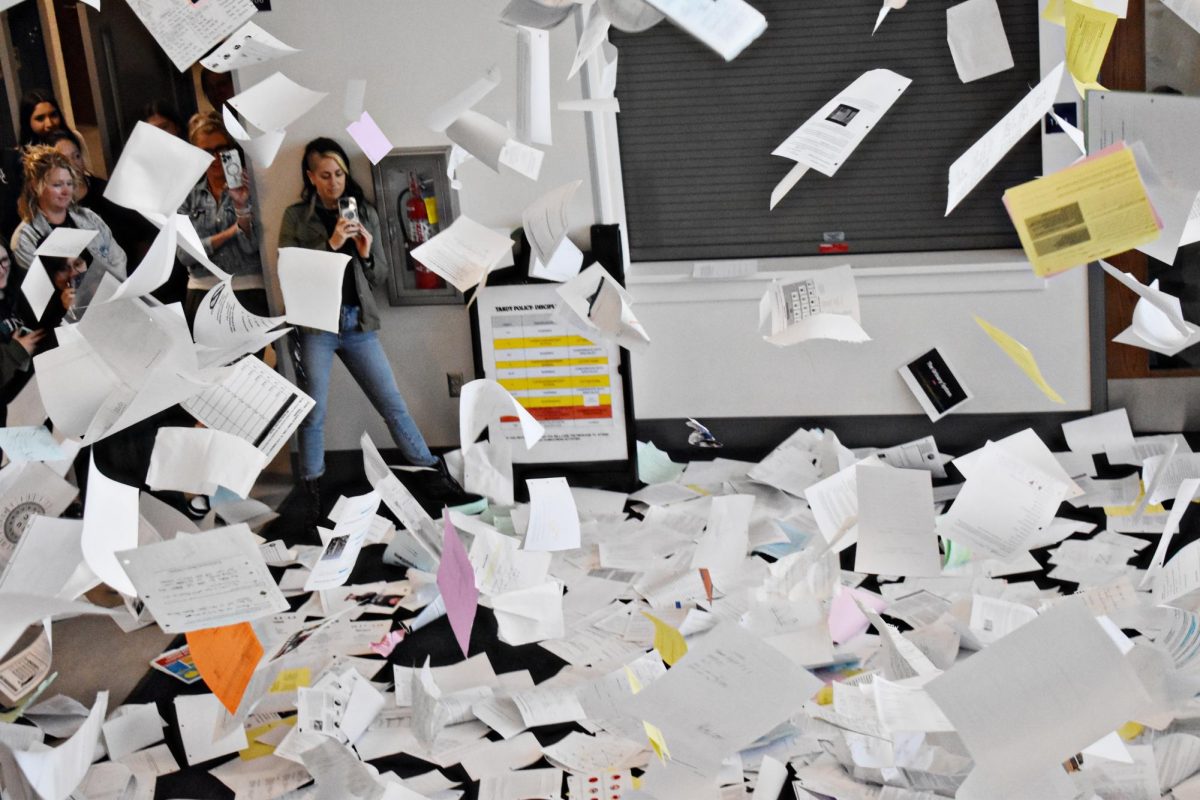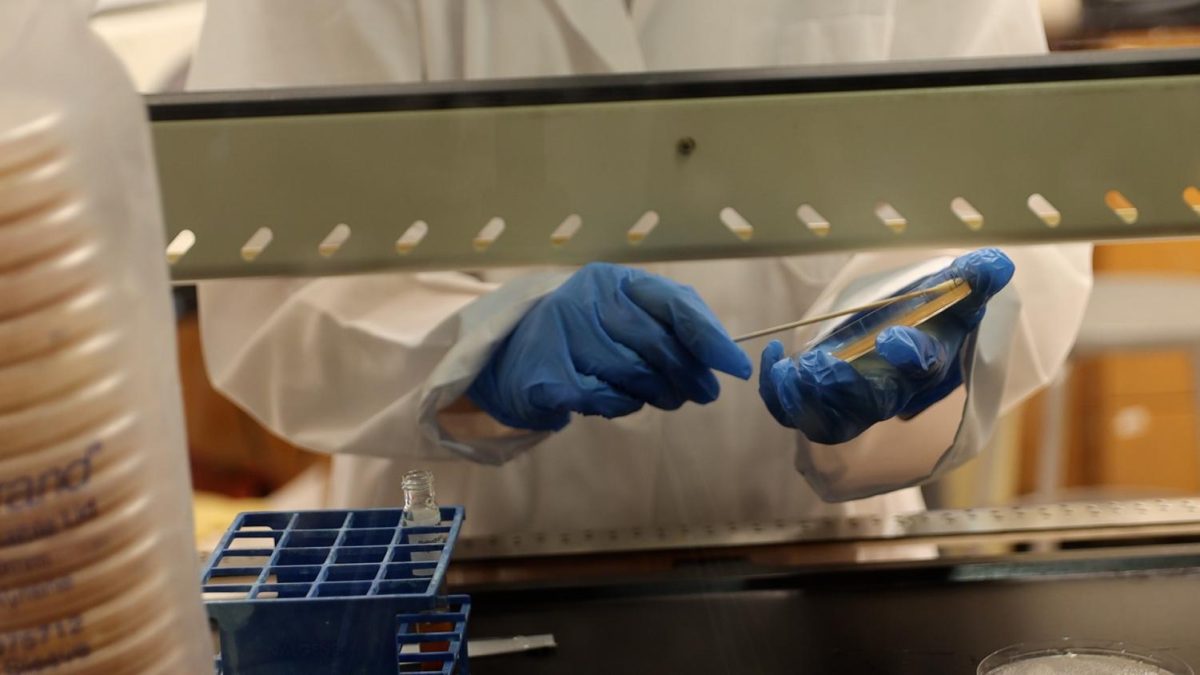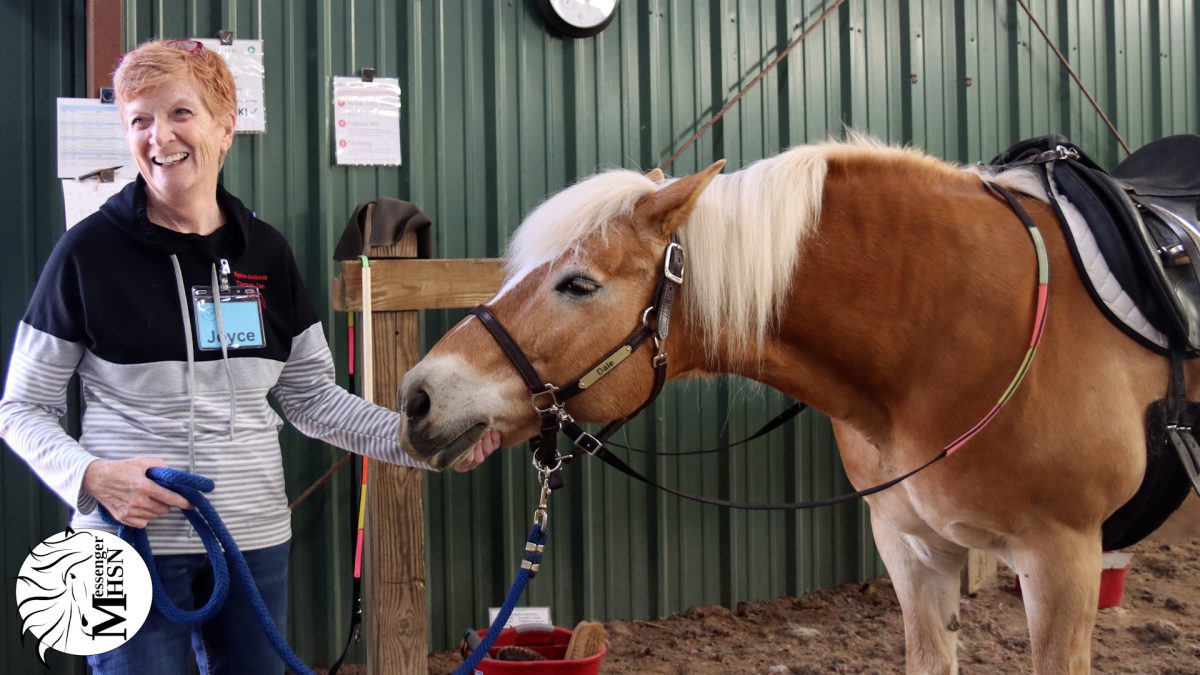This year, a few new courses were introduced, including Music History. Music History is a semester long class taught by Matt Gottschling, the AP United States History teacher, who begins the course with music from the 1900s.
“I felt like starting in the 1920s when recorded music [became] more of an industry and more of a [common] thing,” Gottschling said. “There is music that was created [before then] but I wanted to deal with more authentic recordings.”
Gottschling’s plan for the class is to go from the 1920s through the 2000s, if time in the semester allows.
“I don’t even know that we’ll be able to get to the 80s and 90s before our time runs out, since it’s just a semester class,” Gottschling said. “If we had a year then we [would] bring it all the way to present-day.”
Currently there is only one Music History class, taking place during first period. One of the students taking the class is Molly McNulty, junior.
“I think it’s really cool how students who are interested in music and have a passion for music are able to study it and get credit for an elective for it,” McNulty said.
As well as learning about different musical eras and connections between different artists, part of the class is learning musical vocabulary. Brogan Poppleton, junior, had knowledge about music before taking the class.
“I know a lot about music and I’m pretty confident about it. I’m talkative in that class because I like music,” Poppleton said. “We did a quiz on musical terms. Like what different kinds of music [there are], or genres. For example, [we learned what] EP means, and other words, like chorus.”
Learning vocabulary is meant to help students have context for the material they see in the class. For example, students are listening to some of the first ever recorded music.
“I think for some of the students it’s really disorienting hearing stuff that’s old and scratchy, weird sounding recordings. But there’s a lot of interest in that stuff,” Gottschling said. “Maybe it’s just the history teacher in me that kind of has this appreciation for dusty old music, but I like all of it really.”
I think for some of the students it’s really disorienting hearing stuff that’s old and scratchy, weird sounding recordings. But there’s a lot of interest in that stuff.
— Matt Gottschling
Although this is the first time there is a history class entirely about music, the portions of history it discusses correlate with other historical occurrences.
“I think [music] just explains a whole lot about who we are as a culture,” Gottschling said. “In regular history classes, sometimes we end up focusing too much on politicians and generals and those individuals to tell the story of America, or of world history. From studying the arts, you just get more of a sense of how regular people lived during those times.”
According to Cochrane Library, music has been used for things other than just enjoyment in recent years. Music therapy has been more commonly practiced.
“I like the creative outlet and the artisticness of [music],” Poppleton said. “It’s a really interesting way for me to express myself, and for other people to express themselves too. On top of that, all the theory that goes into it, that kind of stuff is just really fascinating to learn about.”
Taking the class will give a student 0.5 elective credits. However, as the class develops, it is possible it could count as a history credit.
“I consider this year sort of a trial,” Gottschling said. “We are going to see how well we can actually cover a really, really wide ranging and complicated topic.”
This story was originally published on wlhsNOW on September 19, 2023.


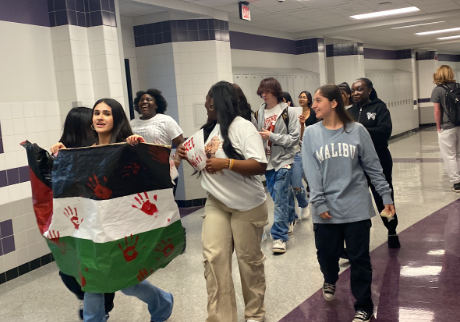


![With the AISD rank and GPA discrepancies, some students had significant changes to their stats. College and career counselor Camille Nix worked with students to appeal their college decisions if they got rejected from schools depending on their previous stats before getting updated. Students worked with Nix to update schools on their new stats in order to fully get their appropriate decisions. “Those who already were accepted [won’t be affected], but it could factor in if a student appeals their initial decision,” Principal Andy Baxa said.](https://bestofsno.com/wp-content/uploads/2024/05/53674616658_18d367e00f_o-1200x676.jpg)



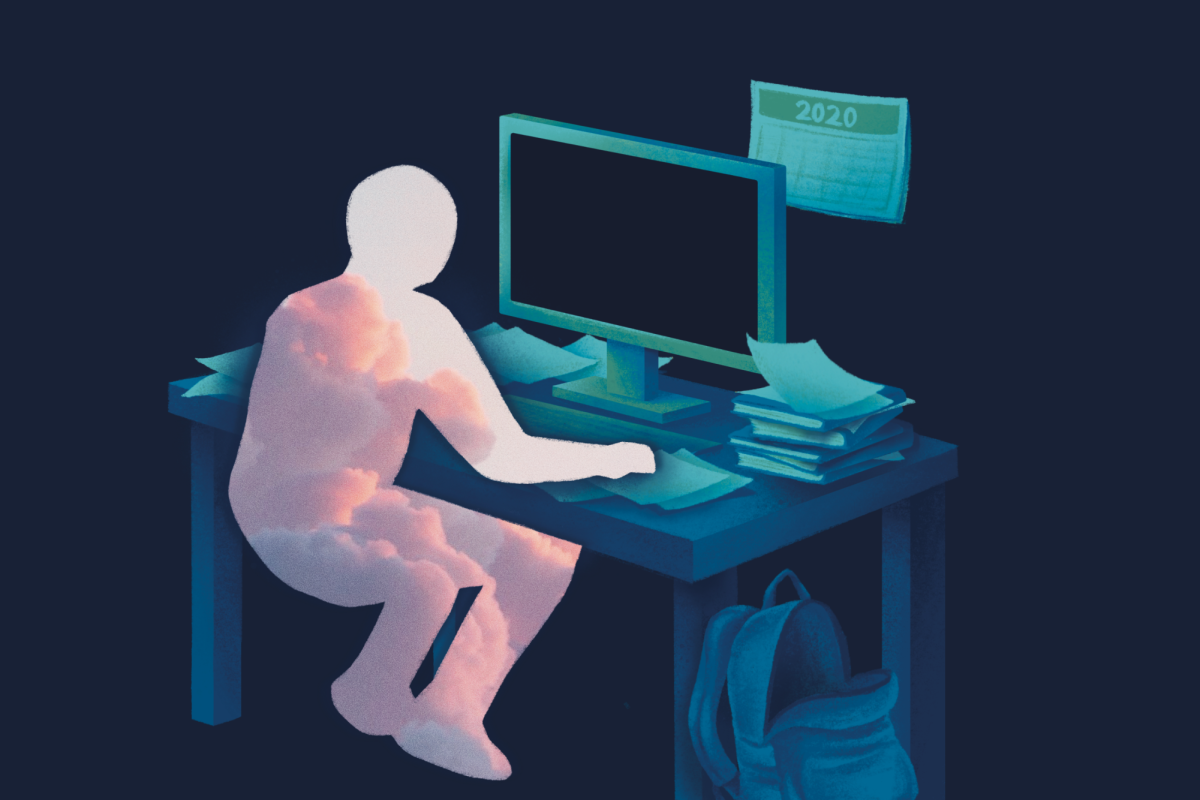
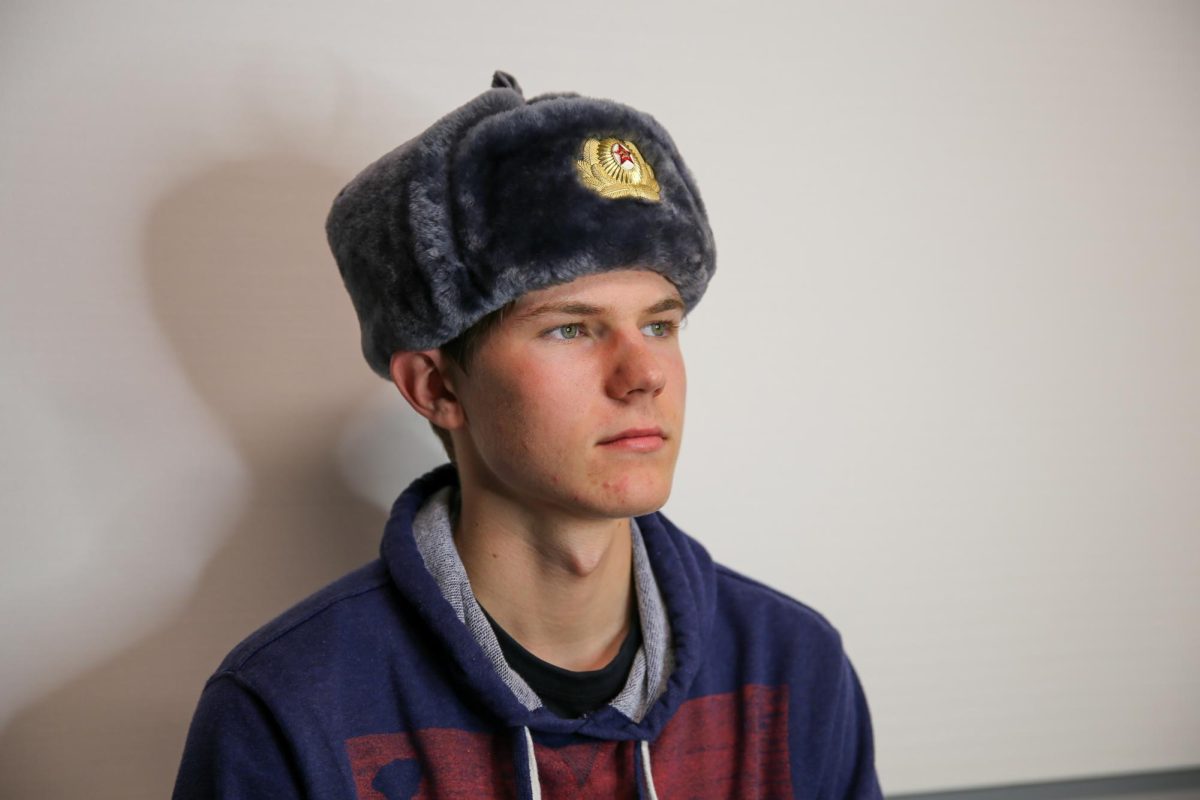
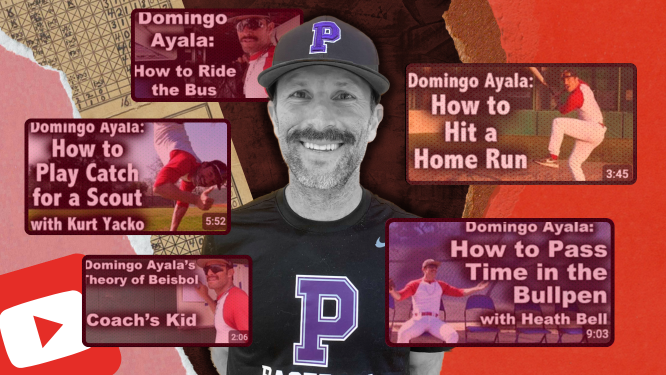
![Junior Mia Milicevic practices her forehand at tennis practice with the WJ girls tennis team. “Sometimes I don’t like [tennis] because you’re alone but most of the time, I do like it for that reason because it really is just you out there. I do experience being part of a team at WJ but in tournaments and when I’m playing outside of school, I like that rush when I win a point because I did it all by myself, Milicevic said. (Courtesy Mia Milicevic)](https://bestofsno.com/wp-content/uploads/2024/06/c54807e1-6ab6-4b0b-9c65-bfa256bc7587.jpg)

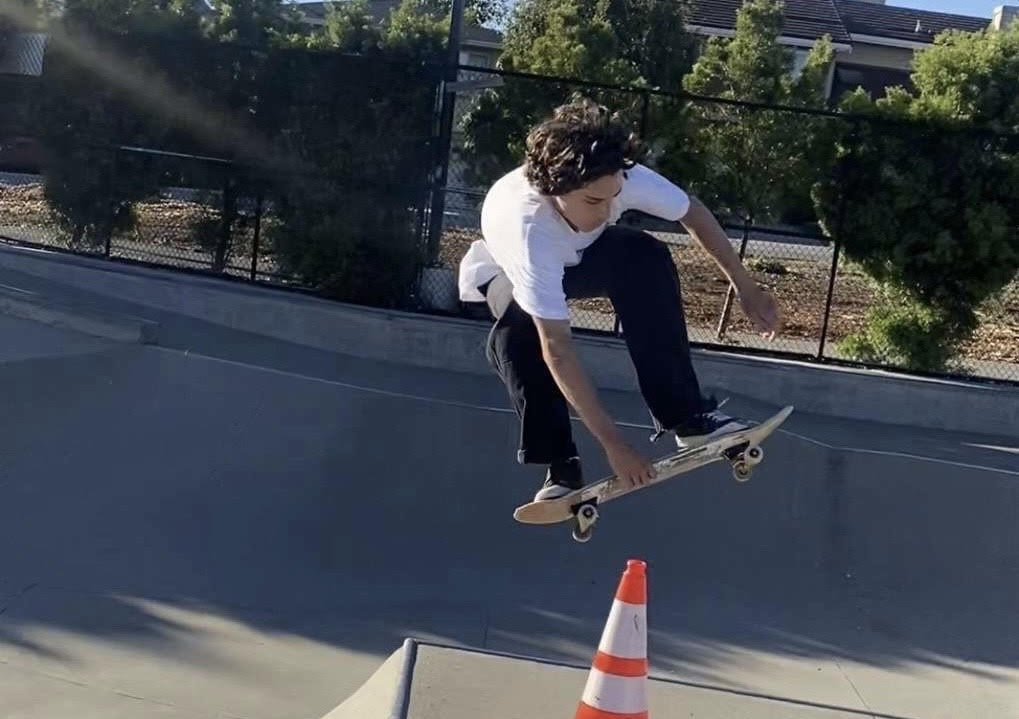
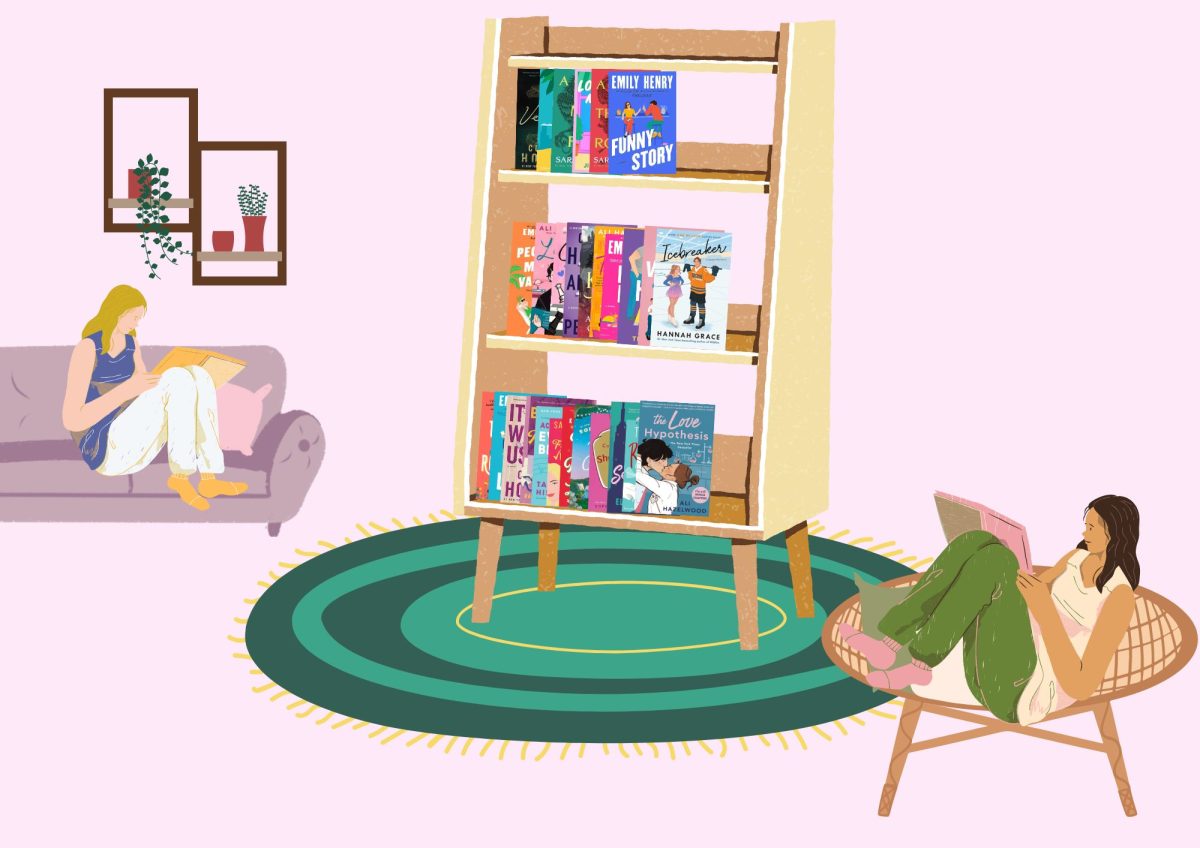
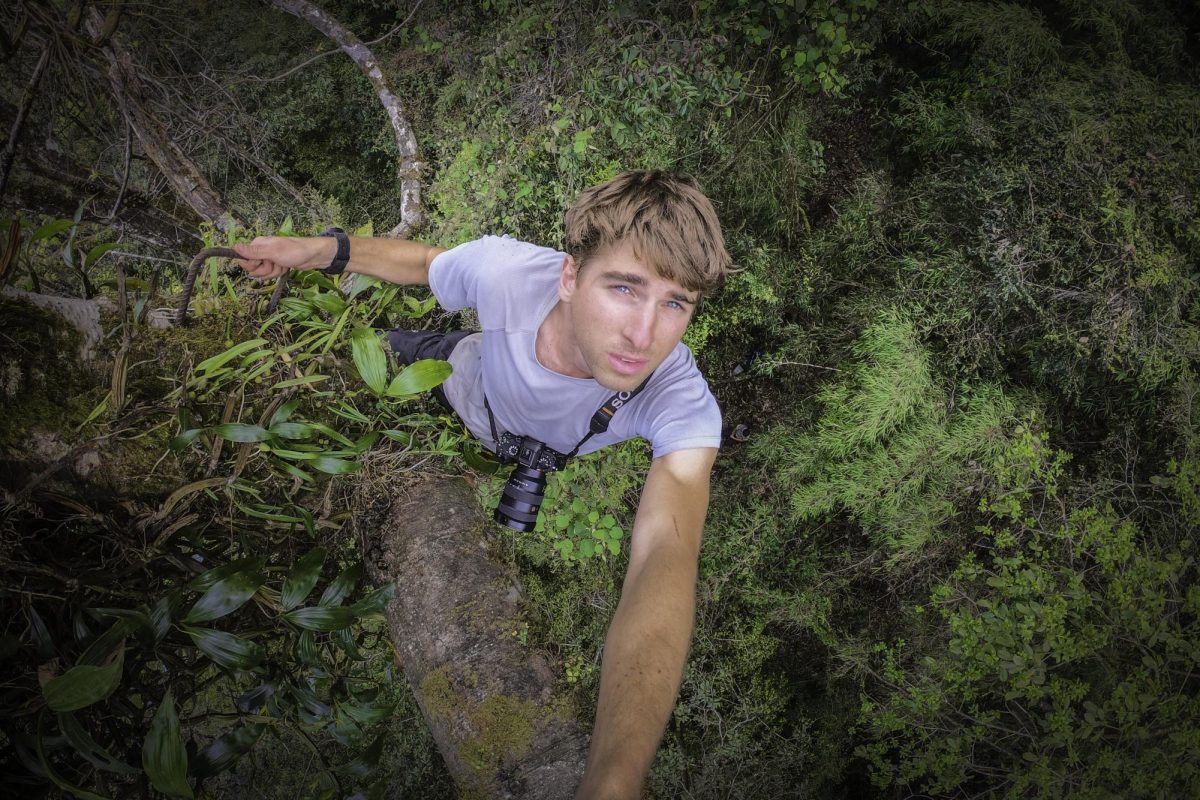

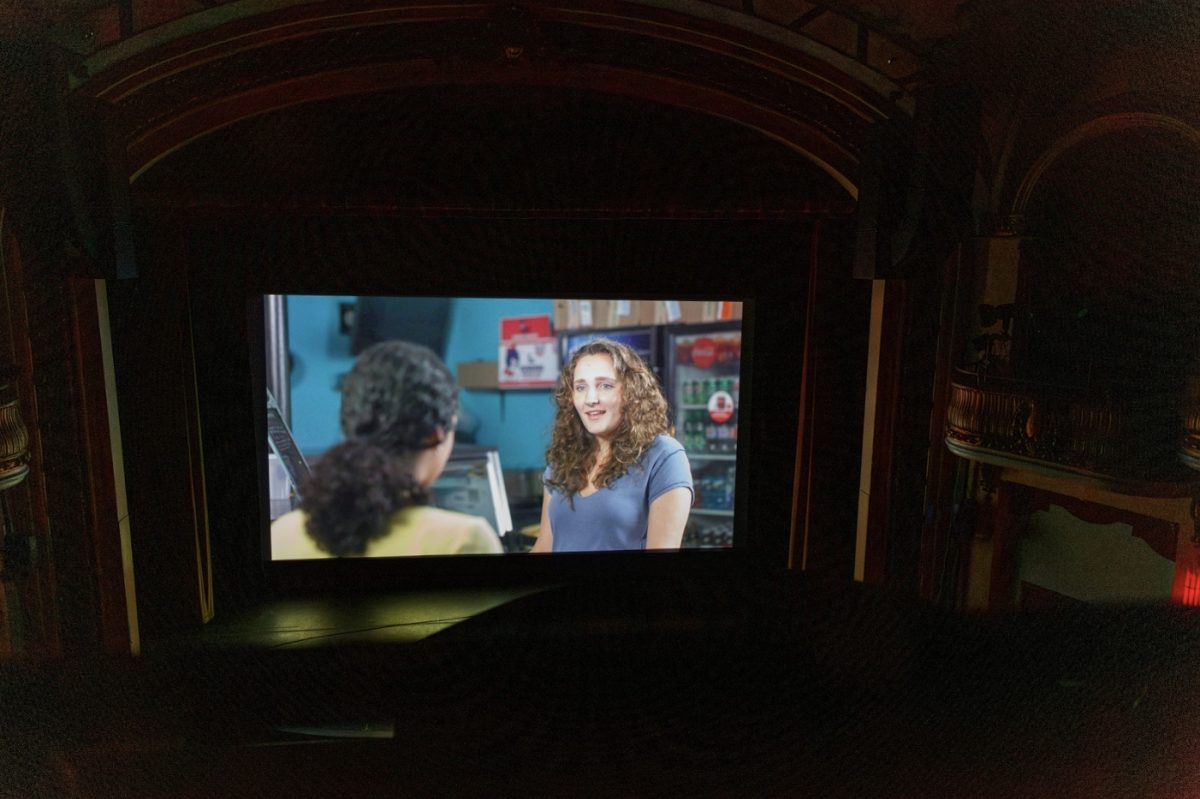
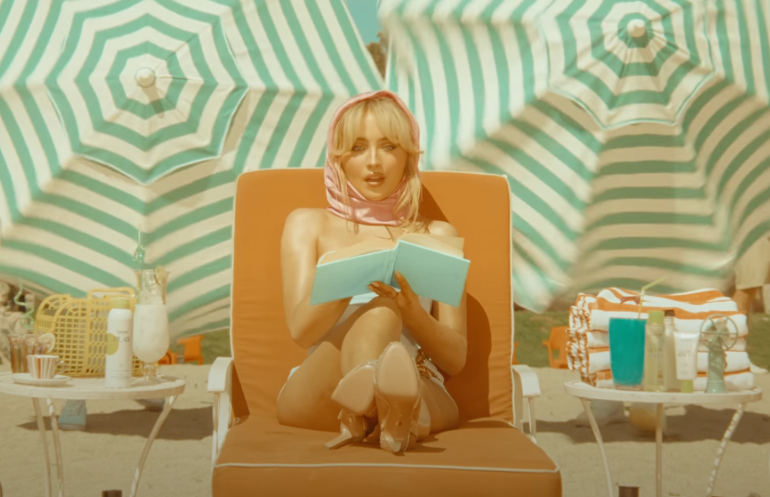
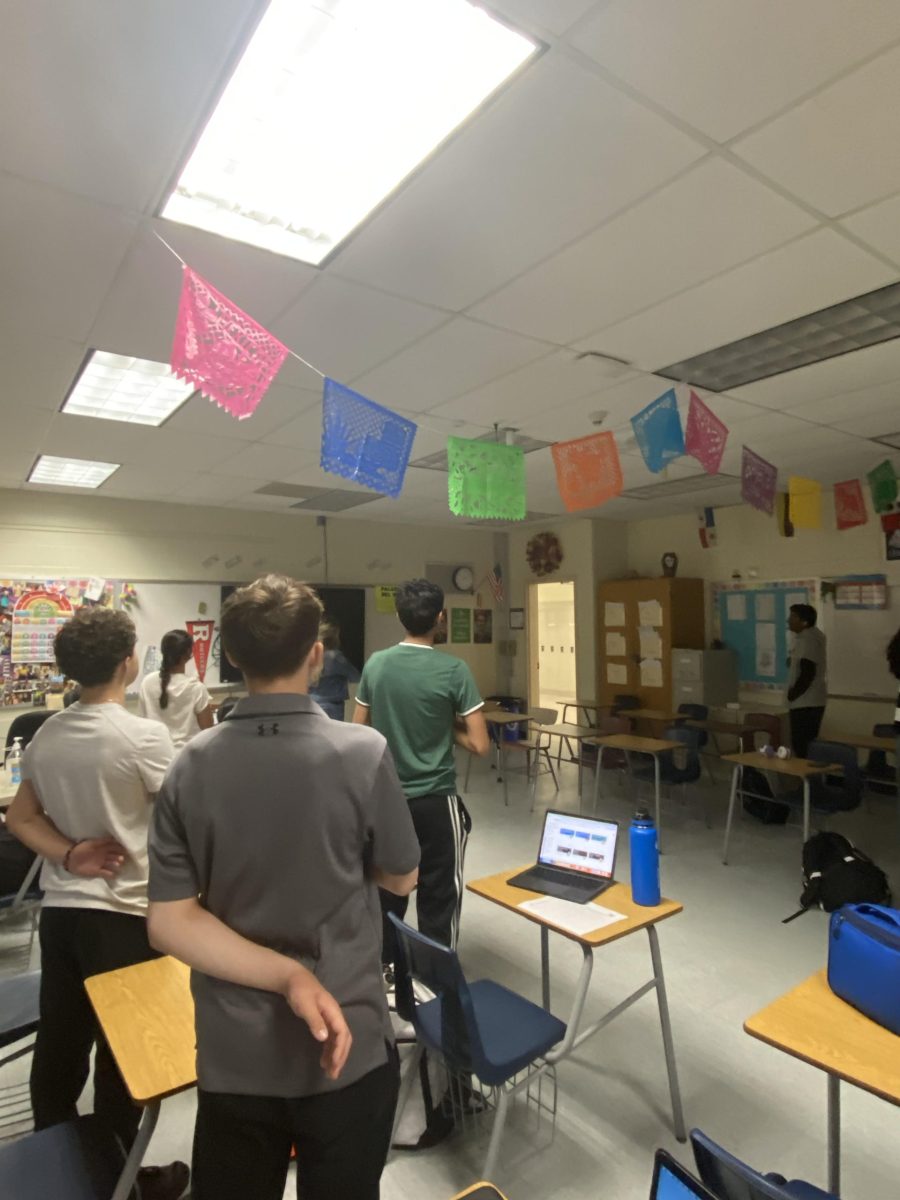
![The Jaguar student section sits down while the girls basketball team plays in the Great Eight game at the Denver Coliseum against Valor Christian High School Feb. 29. Many students who participated in the boys basketball student section prior to the girls basketball game left before half-time. I think it [the student section] plays a huge role because we actually had a decent crowd at a ranch game. I think that was the only time we had like a student section. And the energy was just awesome, varsity pointing and shooting guard Brooke Harding ‘25 said. I dont expect much from them [the Golden Boys] at all. But the fact that they left at the Elite Eight game when they were already there is honestly mind blowing to me.](https://bestofsno.com/wp-content/uploads/2024/05/IMG_7517-e1716250578550-900x1200.jpeg)
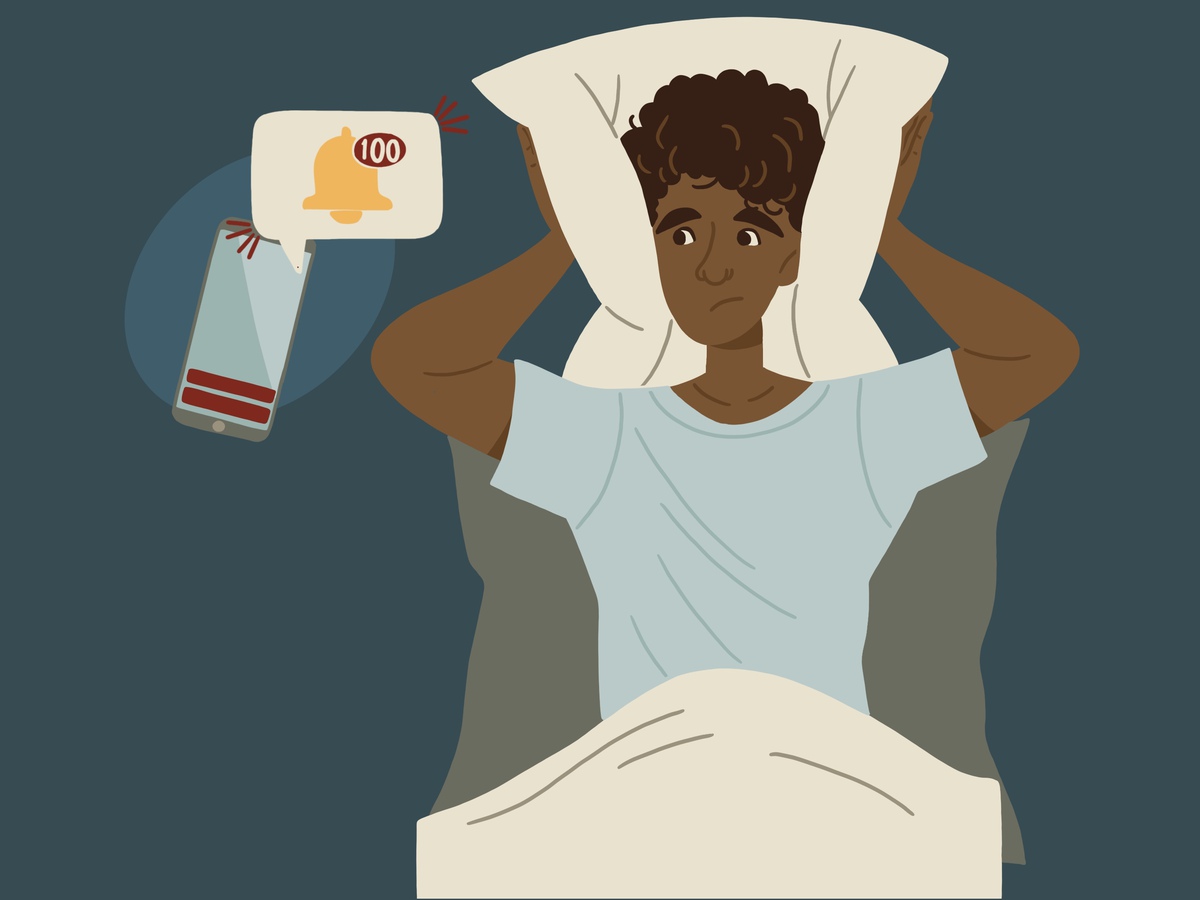
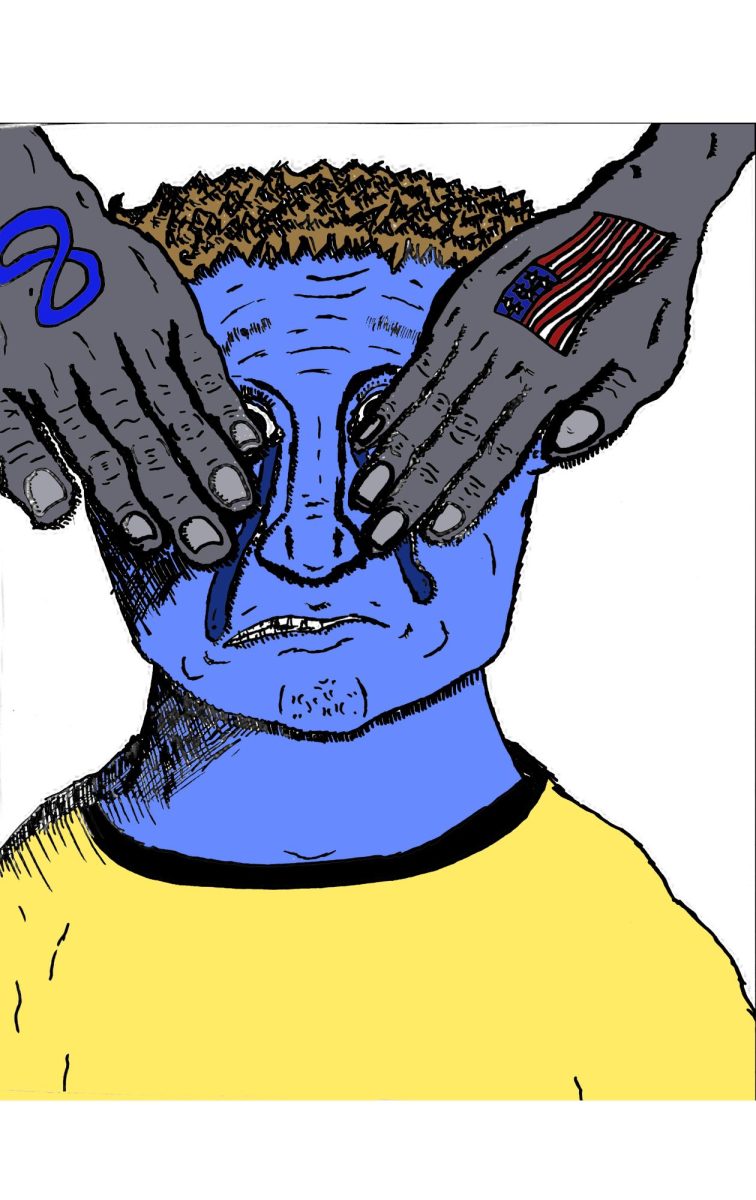
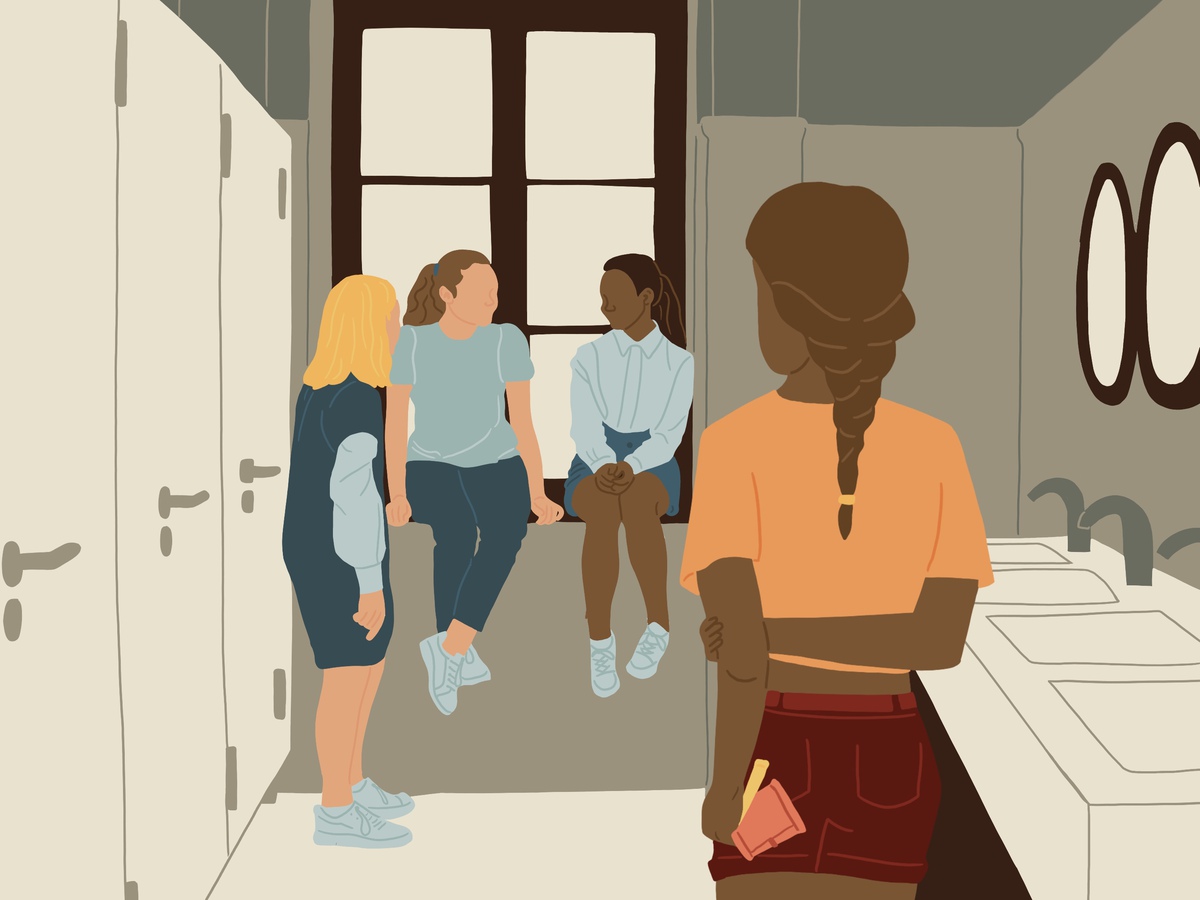
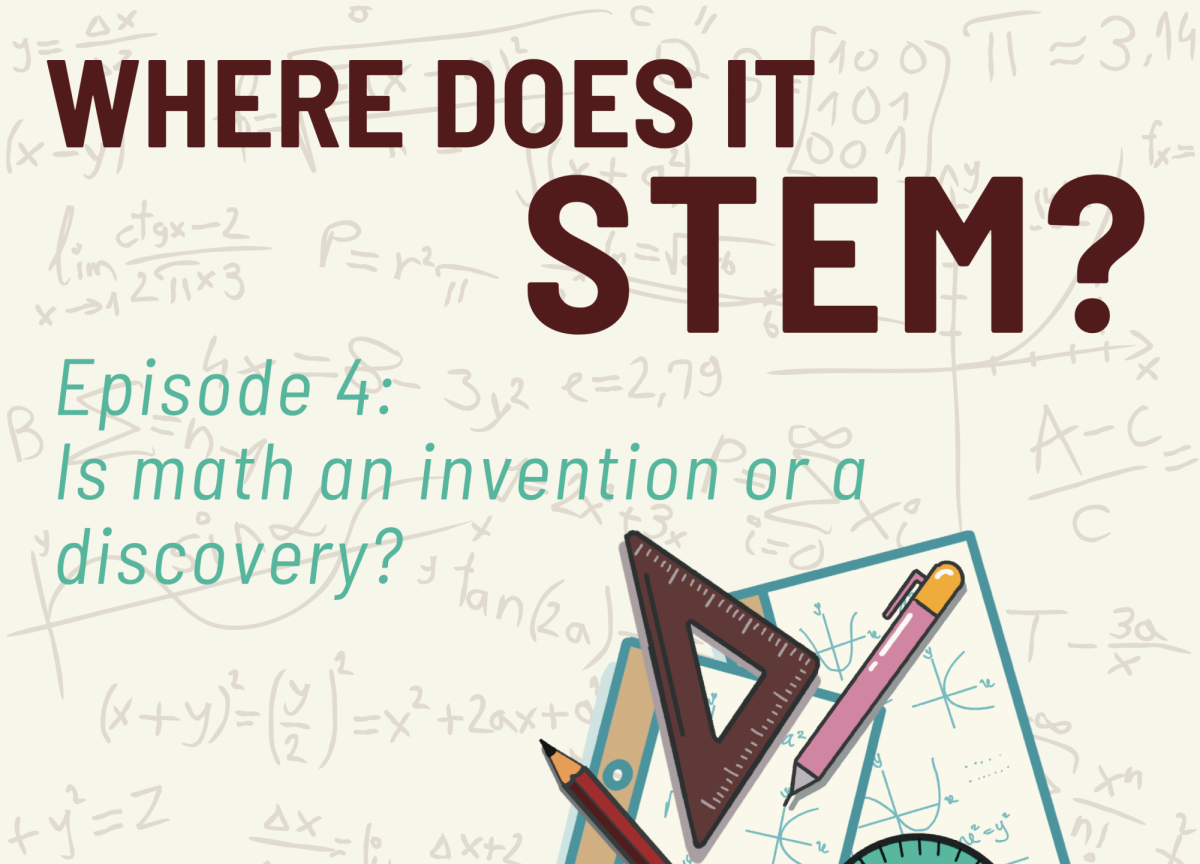

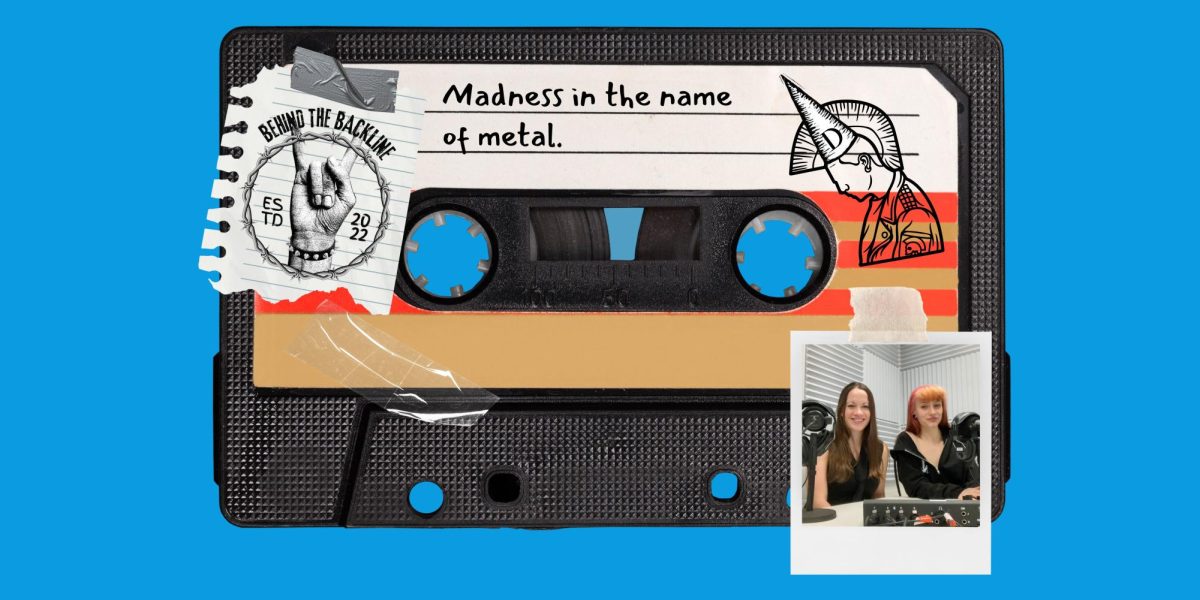
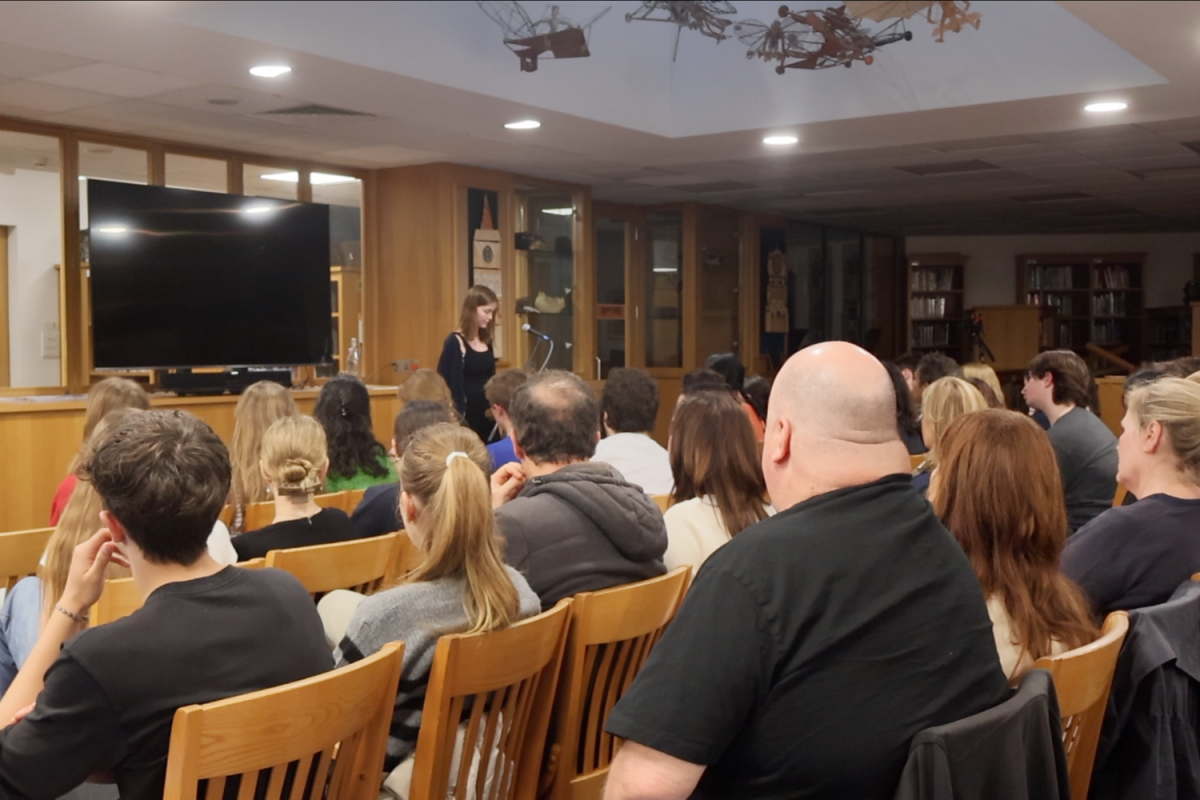

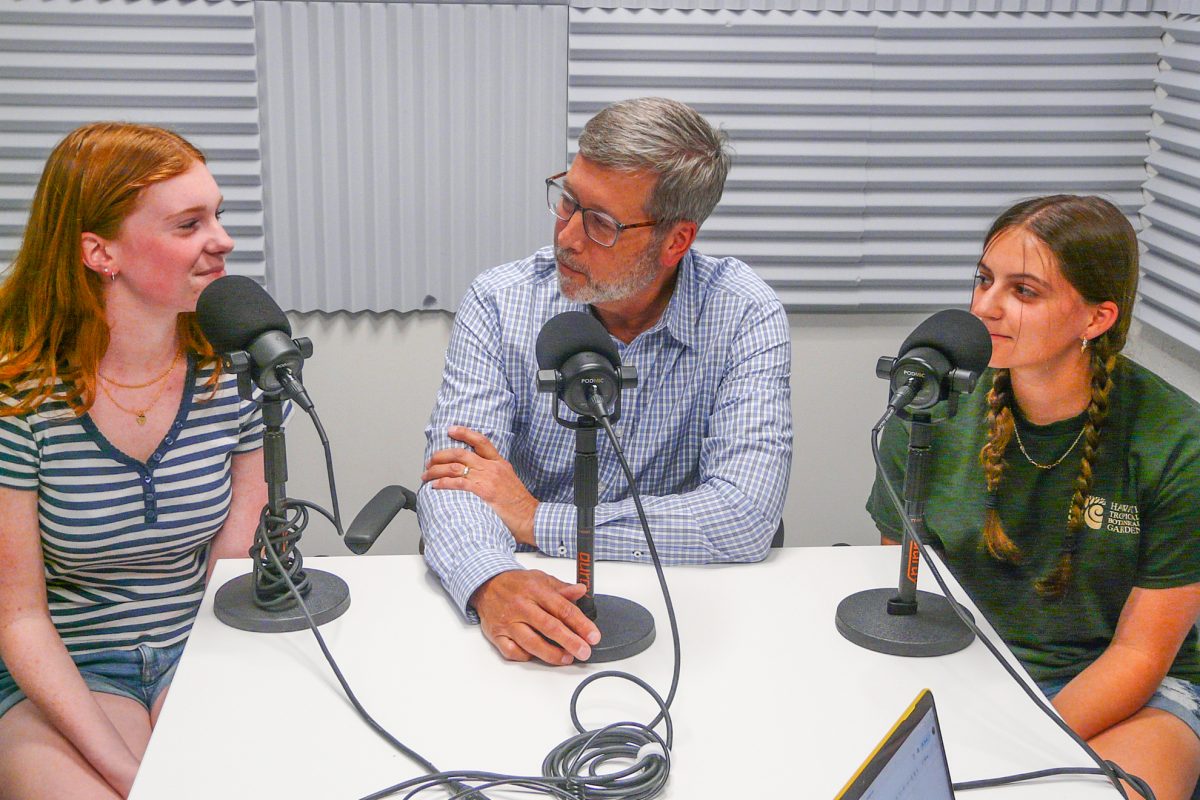
![BACKGROUND IN THE BUSINESS: Dressed by junior designer Kaitlyn Gerrie, senior Chamila Muñoz took to the “Dreamland” runway this past weekend. While it was her first time participating in the McCallum fashion show, Muñoz isn’t new to the modeling world.
I modeled here and there when I was a lot younger, maybe five or six [years old] for some jewelry brands and small businesses, but not much in recent years,” Muñoz said.
Muñoz had hoped to participate in last year’s show but couldn’t due to scheduling conflicts. For her senior year, though, she couldn’t let the opportunity pass her by.
“It’s [modeling] something I haven’t done in a while so I was excited to step out of my comfort zone in a way,” Muñoz said. “I always love trying new things and being able to show off designs of my schoolmates is such an honor.”
The preparation process for the show was hectic, leaving the final reveal of Gerrie’s design until days before the show, but the moment Muñoz tried on the outfit, all the stress for both designer and model melted away.
“I didn’t get to try on my outfit until the day before, but the look on Kaitlyn’s face when she saw what she had worked so hard to make actually on a model was just so special,” Muñoz said. “I know it meant so much to her. But then she handed me a blindfold and told me I’d be walking with it on, so that was pretty wild.”
Caption by Francie Wilhelm.](https://bestofsno.com/wp-content/uploads/2024/05/53535098892_130167352f_o-1200x800.jpg)

